On Sunday I preached for our sister church, Christ Presbyterian Church, Fairfield again as part of their sermon series on the parables of Luke. I preached on Luke 13:18-21 where Jesus, challenged by the religious leaders, responded by pointing out that their expectation of what the Kingdom of God would be like was too small. The leaders were looking for a kingdom that was basically more of the same, but better for them: a kingdom that looked like their ethnic/religious/tradition/political tribe, but with power (rather than being subservient to Rome). Jesus’ Word continues to speak into our context to challenge our expectations that God’s Kingdom will fit our expectations of looking “like us, but but with more stuff” with the reality that His kingdom is quantitatively and qualitatively better, bigger, fuller, both here-and-now and in eternity.


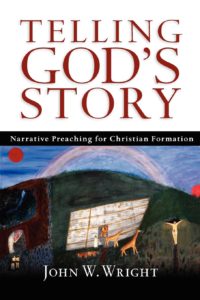

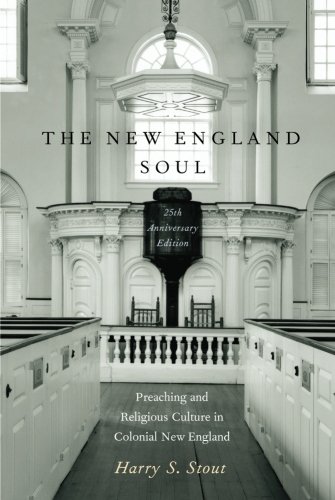
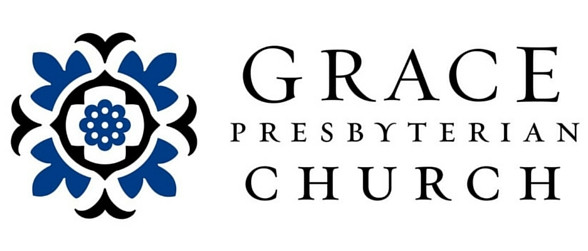

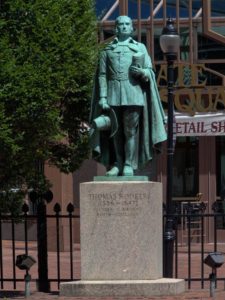
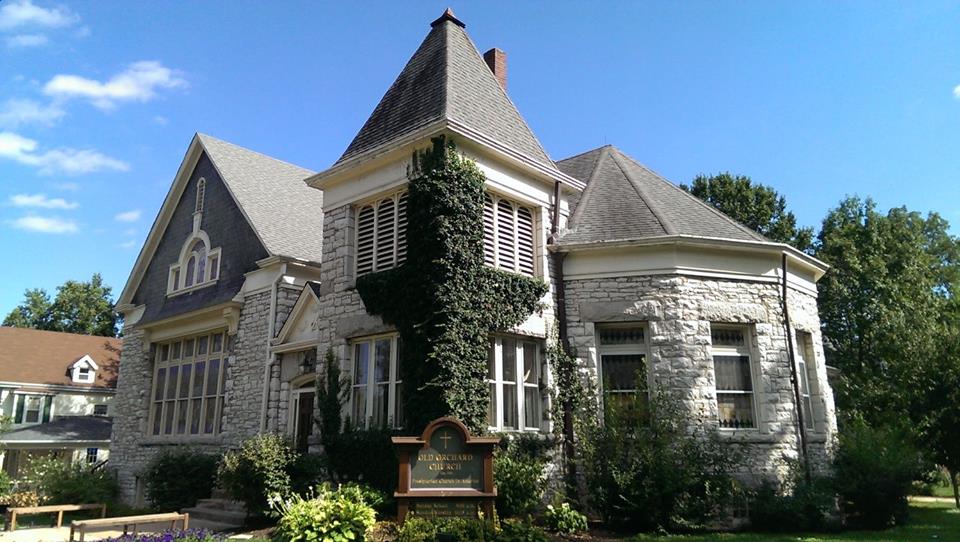

Recent Comments